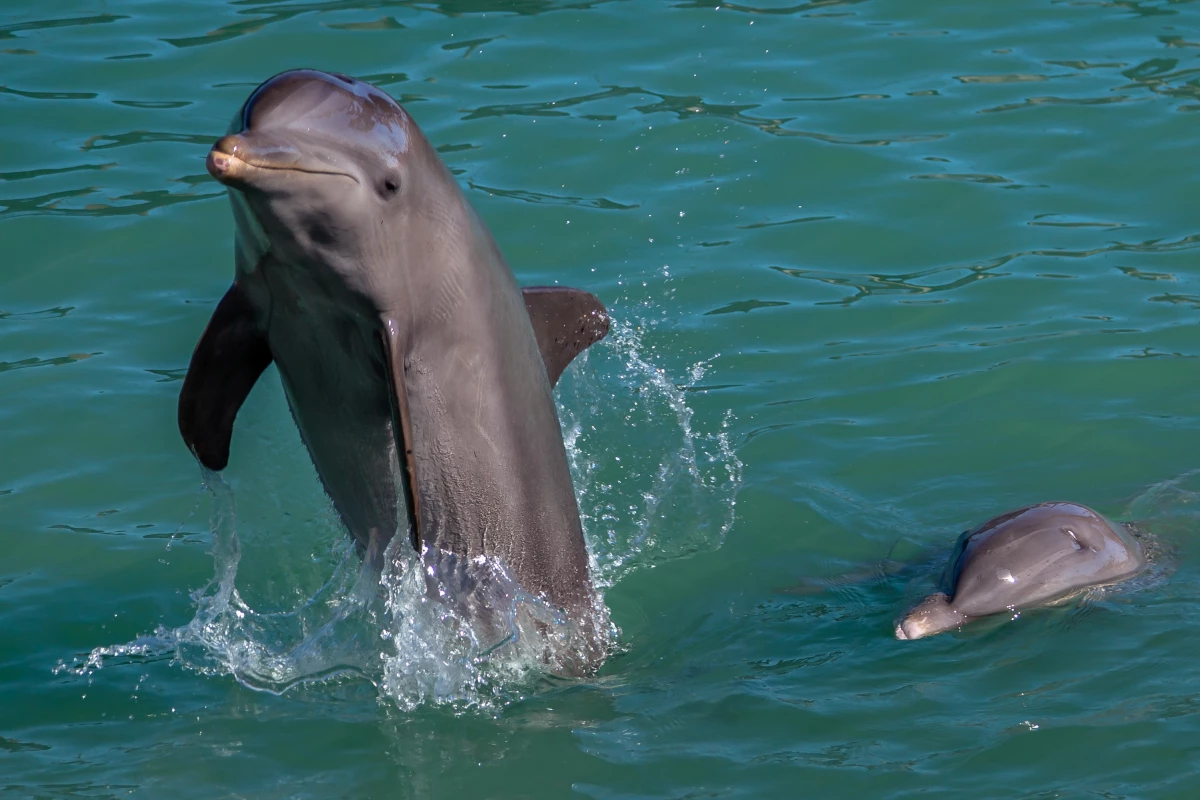Could the phenomenon of whale and dolphin strandings be due to Alzheimer's-like cognitive deficits in pod leaders that draw groups into shallow waters? A new study looking at brain tissue from stranded dolphins reveals pathological signs that resemble what is seen in human patients with Alzheimer's disease.
The new research follows on from a key 2018 study that presented the first clear evidence of Alzheimer's-like pathology in the brain of a wild animal. Frank Gunn-Moore, co-author on the 2018 study, joined forces with Mark Dagleish from the University of Glasgow to conduct the most expansive investigation to date into dementia in dolphins.
Brain tissue from 22 animals was analyzed, spanning five different species: Risso’s dolphins, long-finned pilot whales, white-beaked dolphins, harbour porpoises and bottlenose dolphins. All the animals were found stranded in waters along the coast of Scotland.
Three animals, from three different species, were found to harbor particular pathological characteristics of Alzheimer's disease. These included the formation of amyloid protein plaques, accumulated tau protein tangles, and the presence of a brain injury known as gliosis.
“I have always been interested in answering the question: do only humans get dementia?" Gunn-Moore said. "Our findings answer this question as it shows potential dementia associated pathology is indeed not just seen in human patients."
Of course, the findings can't confirm these particular animals were suffering from the kinds of cognitive deficits we'd usually associate with dementia. They can only show that animals do develop similar pathological characteristics to what is seen in human patients suffering dementia.
Nevertheless, the study does offer compelling evidence for a hypothesis often raised to explain the mass strandings of whales and dolphins. Known as "sick-leader syndrome," the hypothesis argues a cognitively-impaired leader could be responsible for leading its pod into shallow waters, ultimately resulting in mass stranding events.
The hypothesis was first presented a few years ago after a multi-disciplinary team of researchers investigated the mass stranding of seven sperm whales along the Italian coast. That study speculated the whales' orientation abilities were impaired due to a viral infection, and a debilitating health condition in the oldest member of the pod may have resulted in the group being led into waters that ultimately trapped the animals.
In this new study, the researchers speculate neurodegenerative-related cognitive decline could play a role in some mass stranding events. In humans, the study notes, early symptoms of Alzheimer's-associated decline are disorientation and confusion. So hypothetically, it is plausible to suggest whale and dolphin pod-leaders with similar neurological degeneration could draw groups into stranding events.
Tara Spires-Jones, a University of Edinburgh researcher working on the study, is cautious not to overstate the findings. She said further work is needed to explore the relationship between stranding events and dementia.
“We were fascinated to see brain changes in aged dolphins similar to those in human aging and Alzheimer’s disease," said Spires-Jones. "Whether these pathological changes contribute to these animals stranding is an interesting and important question for future work.”
The new study was published in the European Journal of Neuroscience.
Source: University of Glasgow




